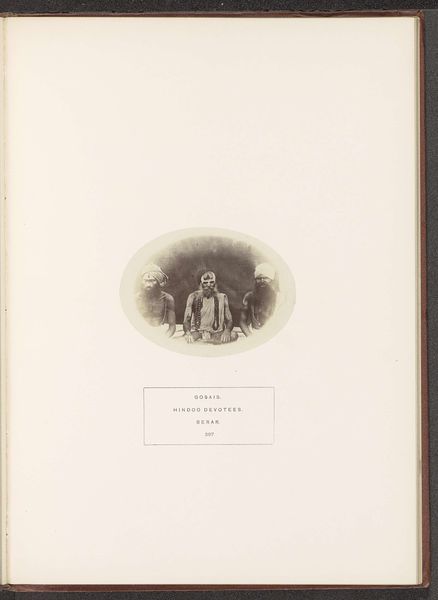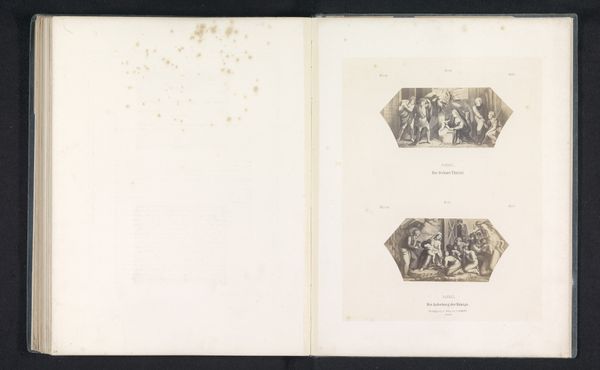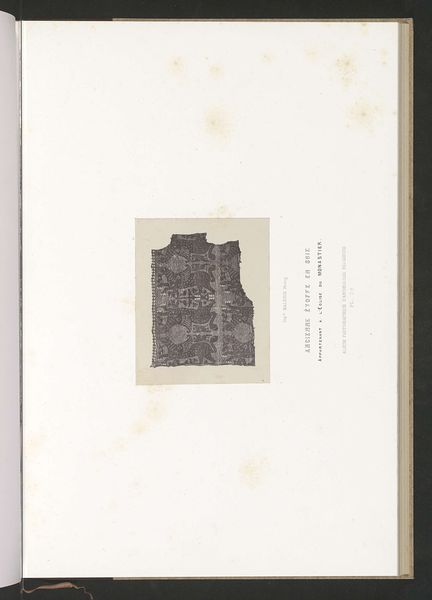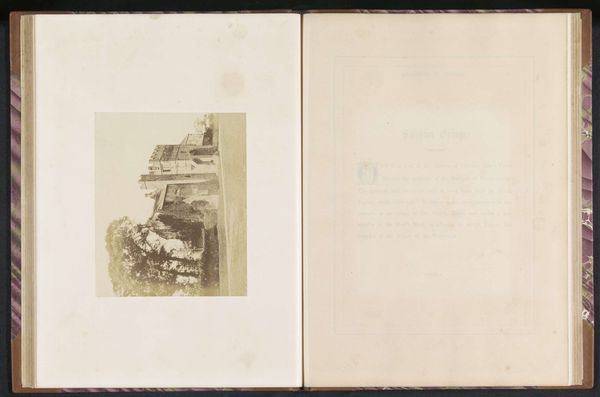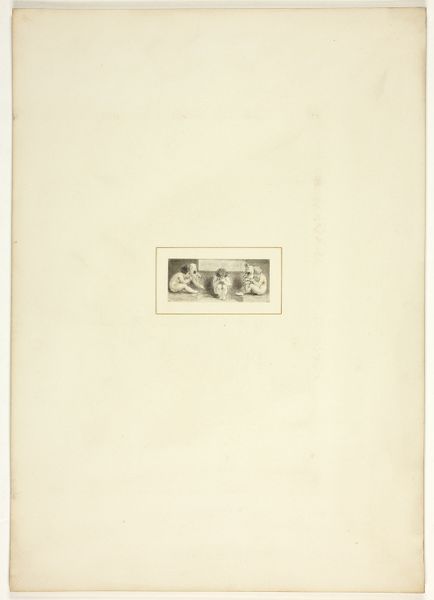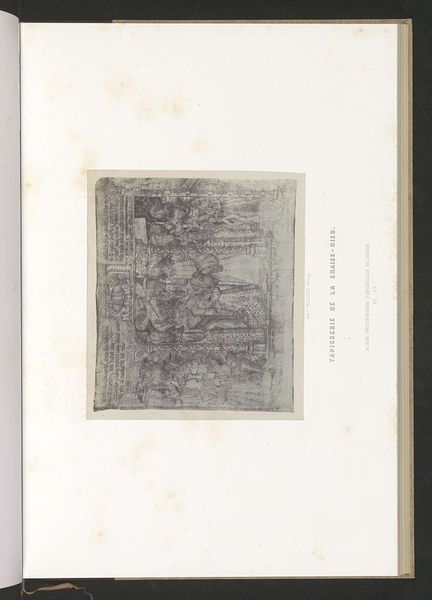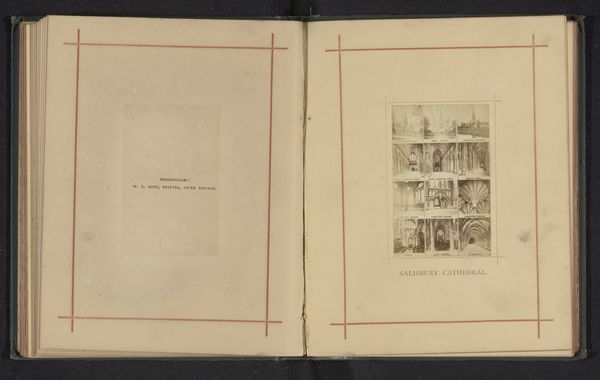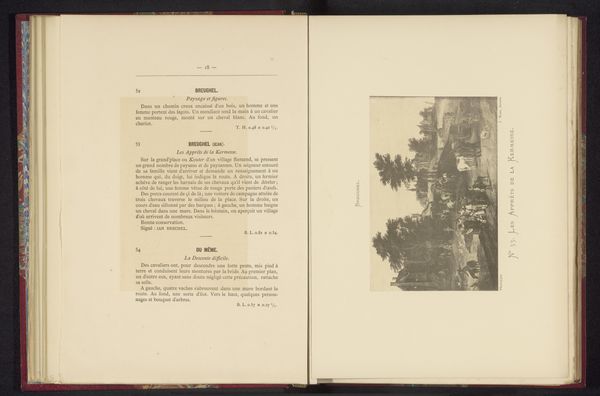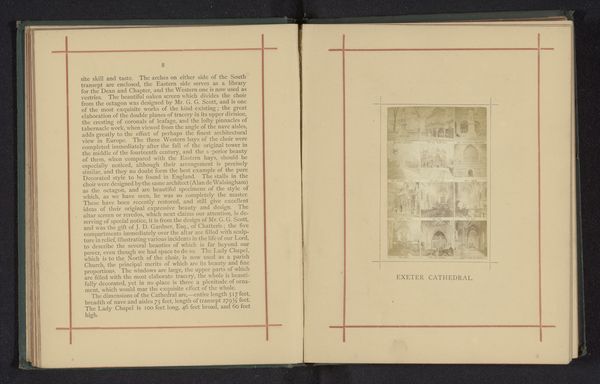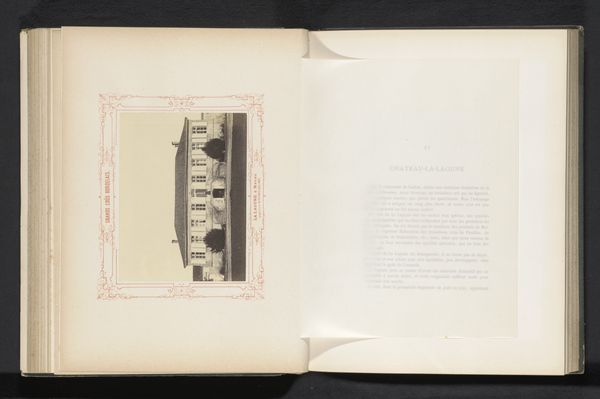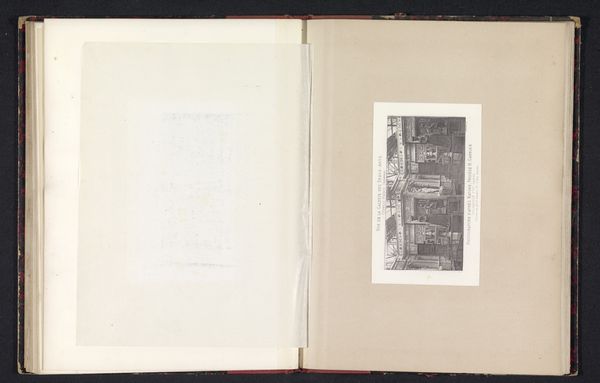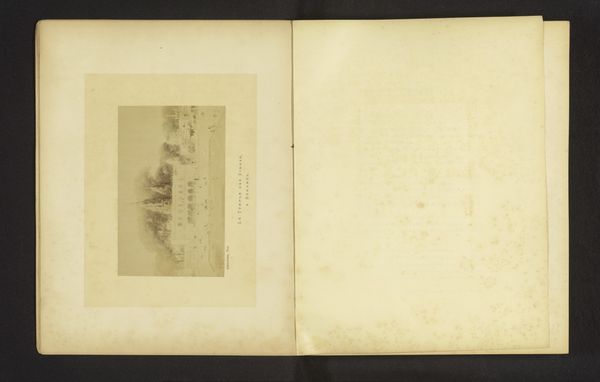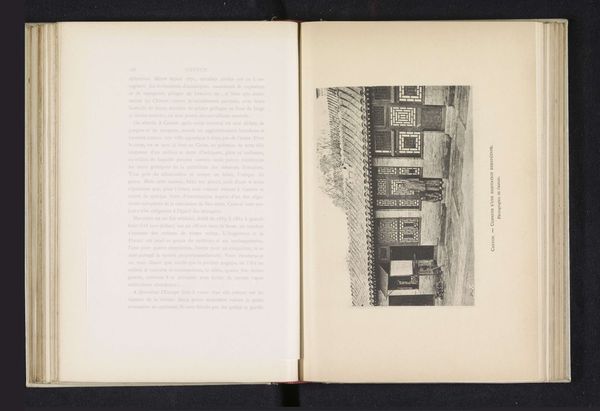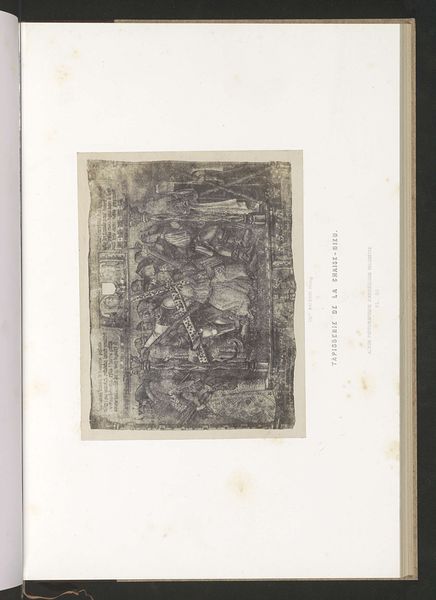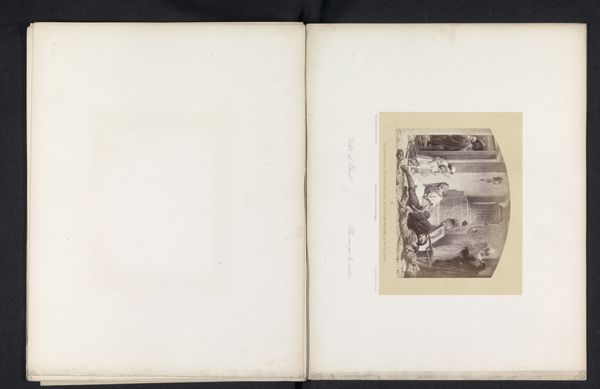
print, photography, albumen-print
# print
#
landscape
#
photography
#
orientalism
#
albumen-print
Dimensions: Various: approx. 34.6 x 28.3
Copyright: Public Domain
Linnaeus Tripe, a British photographer working for the East India Company, made this album in the 1850s using the cumbersome but precise waxed paper negative process. Consider the labor involved. Each print required coating paper with chemicals, exposing it in a large format camera, then developing and fixing the image. The albumen print, created from egg whites and silver salts, gives the image its distinctive sepia tone and smooth surface. Tripe wasn't just an artist; he was a colonial administrator documenting the landscape and architecture of Madura, now part of Indonesia. Photography, in this context, became a tool of empire, a way to classify and control distant lands. Yet, Tripe's skill is undeniable. The sharp details and tonal range achieved with early photographic processes demonstrate a mastery of craft, pushing the boundaries of what was then a new technology. Looking at these photographs, we are invited to reflect on photography's complex relationship with power, labor, and representation. It reminds us that even the most seemingly objective image is the product of choices, processes, and a specific historical context.
Comments
No comments
Be the first to comment and join the conversation on the ultimate creative platform.
